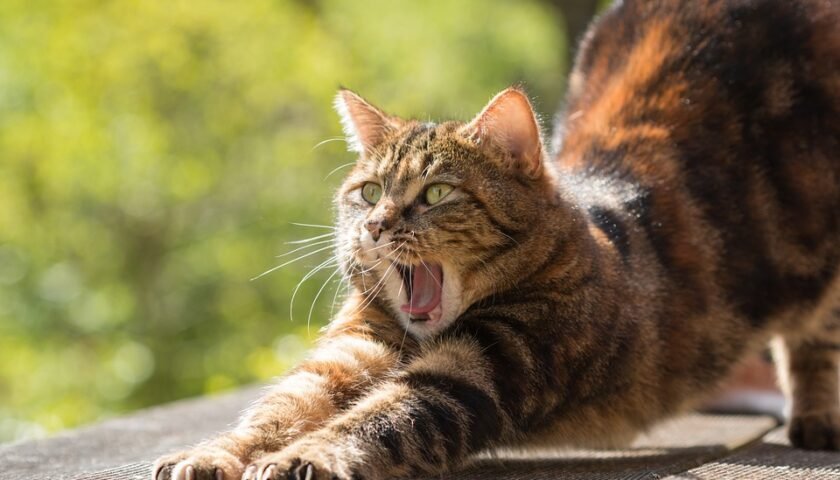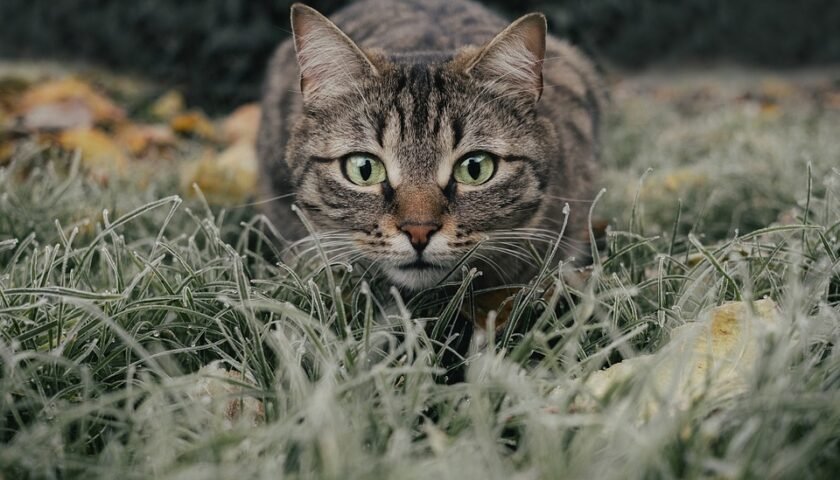[ad_1]
As our furry friends grow older, they require extra attention and care to ensure they live their golden years in the best possible way. Senior pets have specific needs that must be addressed, and providing them with quality care is essential to their well-being. Here is a guide to providing quality care for your senior pet, filled with tips and advice to help you navigate this special time in your pet’s life.
1. Regular veterinary check-ups: Just like humans, senior pets need regular visits to the vet. These check-ups allow your veterinarian to monitor your pet’s health, identify any potential issues early on, and provide appropriate treatment. Pet owners should aim for at least two wellness visits per year for their senior pets.
2. Proper diet and nutrition: Senior pets often experience changes in their metabolism and digestion, making it vital to provide them with a balanced and age-appropriate diet. Consult your veterinarian to create a meal plan tailored to your pet’s nutritional requirements. Special senior pet food formulas are available on the market to meet their specific needs.
3. Weight management: Obesity can worsen existing health conditions in senior pets, leading to a reduced quality of life. To prevent weight gain, ensure your pet receives the appropriate amount of food and monitor their weight regularly. Engage in activities that promote exercise, even if it means reducing the duration or intensity to suit their age and abilities.
4. Gentle exercise and mental stimulation: While exercise is crucial, senior pets may not be able to engage in vigorous activities like they used to. Modify their exercise routine to low-impact exercises such as short walks or swimming. Additionally, provide mental stimulation through puzzle toys or treat-dispensing toys to keep their minds sharp.
5. Joint health support: Many senior pets develop joint issues, such as arthritis or mobility difficulties. Consider providing them with joint supplements prescribed by your veterinarian to support their joint health and alleviate discomfort. Soft bedding and ensuring they have easy access to their favorite spots also help to lessen joint strain.
6. Dental care: Dental health is vital for pets of all ages, but it becomes even more critical for seniors. Regular brushing and professional dental cleanings can prevent gum disease, tooth loss, and other oral health issues. Dental problems can often lead to other health problems, so maintaining oral hygiene is vital.
7. Regular grooming: Older pets may struggle to groom themselves, leading to hygiene issues and matting of their fur. Grooming not only keeps them looking their best but also helps prevent skin irritations and infections. Regularly brush their coat to remove loose hair and tangles, ensuring their skin remains clean and healthy.
8. Comfortable environment: Make your senior pet’s living environment comfortable and accessible. Provide soft bedding with extra cushioning to relieve pressure on their joints, ensure their food and water are easily reachable, and install ramps or stairs to access their favorite spots. Minimize any potential hazards that could cause injury or stress.
9. Provide emotional support: Older pets may experience anxiety or behavioral changes due to age-related cognitive decline. Provide them with a calm and secure environment, maintain a consistent routine, and be patient and understanding. Offer plenty of love, attention, and reassurance to help them feel safe and loved.
10. Monitor changes and adapt: Keep a close eye on your senior pet’s behavior, eating habits, and overall health. Any changes, even seemingly minor ones, may indicate underlying health issues. Ensure you communicate regularly with your veterinarian, keeping them updated on any changes or concerns.
Our senior pets have spent their lives by our side, offering unconditional love and loyalty. Providing them with quality care during their twilight years is a small way we can thank them for their unwavering companionship. By following this guide and seeking advice from your veterinarian, you can ensure your senior pet enjoys a happy, healthy, and comfortable life for as long as possible.
[ad_2]




